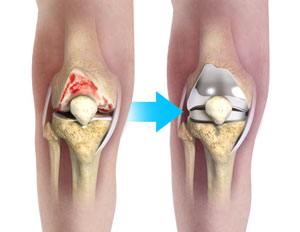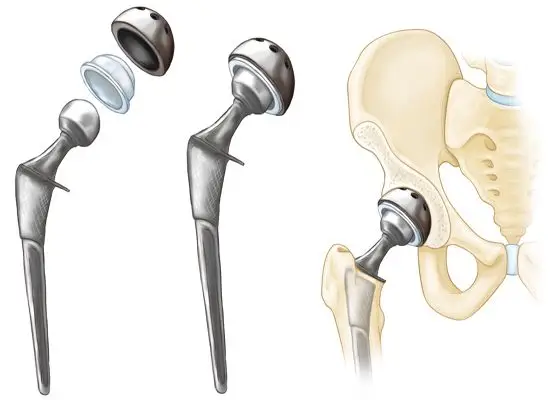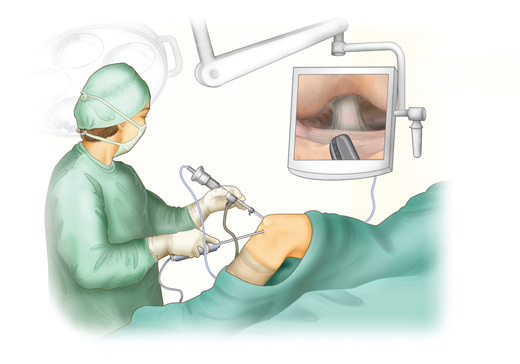Knee replacement surgery, also known as knee arthroplasty, is typically recommended when other conservative treatments have not provided sufficient relief from knee pain and disability. Here are common scenarios in which knee replacement surgery may be recommended:
- Osteoarthritis: Knee replacement is often recommended for individuals with severe osteoarthritis of the knee. Osteoarthritis is a degenerative joint disease that causes the cartilage in the knee joint to wear away, leading to pain, stiffness, and reduced joint function.
- Rheumatoid Arthritis: People with rheumatoid arthritis, an autoimmune condition that affects the joints, may require knee replacement surgery if the disease has severely damaged the knee joint.
- Post-Traumatic Arthritis: Knee injuries, such as fractures or ligament tears, can lead to post-traumatic arthritis. If this condition causes significant pain and functional limitations, knee replacement surgery may be considered.
- Other Forms of Arthritis: Less common types of arthritis, such as psoriatic arthritis or ankylosing spondylitis, can also lead to knee joint damage and may necessitate knee replacement.
- Advanced Age: Older individuals with severe knee pain and limited mobility may be candidates for knee replacement if conservative treatments are ineffective.
- Failed Conservative Treatments: Doctors typically recommend knee replacement surgery after non-surgical treatments have been exhausted. These treatments may include physical therapy, medications (e.g., pain relievers, anti-inflammatories), corticosteroid injections, viscosupplementation (hyaluronic acid injections), and lifestyle modifications.
- Chronic Knee Pain: When chronic knee pain significantly impairs an individual’s quality of life, mobility, and ability to perform daily activities, knee replacement surgery may be considered as a way to alleviate pain and improve function.
- Knee Deformity: If a person has a severe knee deformity (such as bowing or severe varus/valgus deformity) due to arthritis or injury, knee replacement surgery may be recommended to correct the deformity and restore proper joint alignment.
It’s important to note that knee replacement surgery is not typically the first option for knee pain or arthritis. Healthcare providers generally explore less invasive treatments first and recommend knee replacement when these measures are no longer effective in managing pain and improving function.
The decision to undergo knee replacement surgery is individualised and depends on factors such as the severity of the knee condition, the patient’s overall health, and their goals for pain relief and improved mobility. If you are experiencing significant knee pain and are considering knee replacement, consult with an orthopaedic surgeon who can assess your condition, discuss treatment options, and provide personalised recommendations based on your specific needs.
For more details, consult Dr. Kunal Shah one of the best Orthopaedic Doctor in Borivali.




